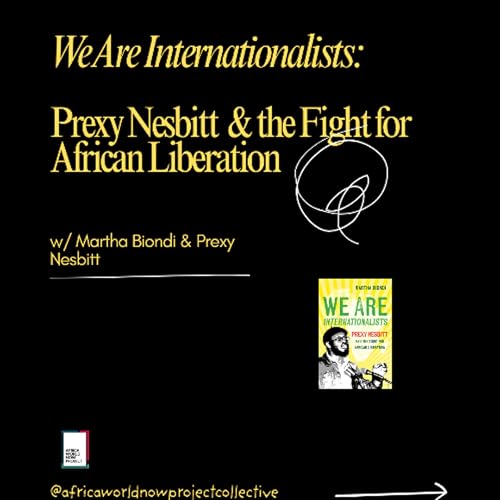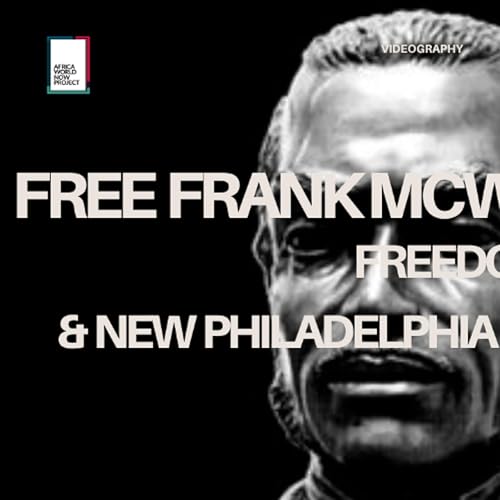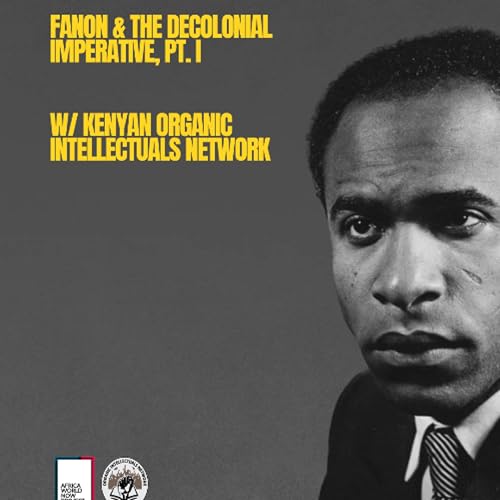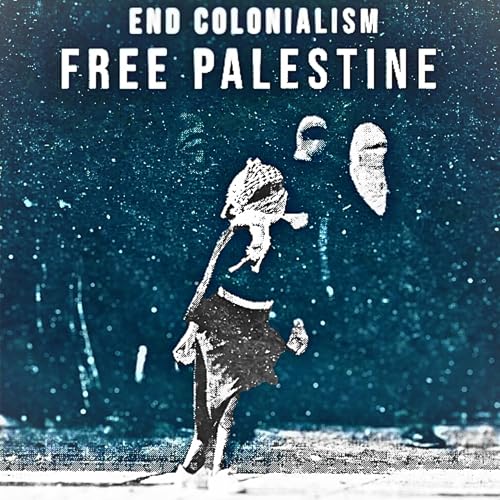History, the writing of history, can be a messy process. Movement history, that is an exploration and examination of the forces that constitute struggle, its successes and on-going defeats adds even more complexity to understanding and the uses of history. Specifically as it relates to the building of a historical consciousness that is necessary to wage contemporary struggle. This notion, when applied to Southern Africa’s liberation struggles, is useful when attempting to delineate and extract frameworks for understanding current conditions and building liberatory objectives, particularly if the objectives are motivated by the desire to not reconstitute past mistakes. The process to identify where to extend and expand upon practices that were left incomplete and needed to continue struggle, cannot negate the centrality of the impetus to ‘tell no lies, claim no easy victories.’ This means, above all, developing the requisite historical consciousness to understand what was done in order to know ‘what is to be done’. “Success” in southern Africa came, paradoxically, when capital, finding itself under substantial political pressure (especially in South Africa) came slowly but surely to be convinced that the profitable links that the global capitalist system had forged with racist and apartheid-defined structures in southern Africa were making capitalism itself dangerously vulnerable to mass action. And this in turn moved capital to reconsider its options and to admit to itself that its links to race-defined rule were now best understood as having been merely a contingent, time-bound tactic in its quest, most centrally, for class privilege and power. How much wiser, capitalists increasingly thought, to abandon apartheid, to coopt the vanguard of the popular movement into capital's camp, and to thus preempt any more radical, even revolutionary possibilities [Saul, On Building a Social Movement: The North American Campaign for Southern African Liberation Revisited, 2017]. The fact is that it was on such grounds that liberation movements conceded to capital for change in South Africa. Martha Biondi is Lorraine H. Morton Professor of Black Studies and Professor of History at Northwestern University and author of The Black Revolution on Campus and To Stand and Fight: The Struggle for Civil Rights in Postwar New York City. Born in Chicago, Illinois, Prexy Nesbitt was educated at Antioch College in Yellow Springs, Ohio, earning a degree in Political Science with a minor in Nineteenth Century Russian Literature. He went on to attend the University of Dar es Salaam, Tanzania; Northwestern and Columbia University. His work includes direct and indirect activity in six Southern African liberation movements: African National Congress (ANC); Mozambique Liberation Front (FRELIMO); Popular Movement for the Liberation of Angola (MPLA); Zimbabwe African People's Union (ZAPU); and the Zimbabwe African National Union (ZANU); the Southwest African People's Organization (SWAPO), as well as with the African Party for the Independence of Guinea and Cape Verde (PAIGC). Returning to Chicago in the 1980s, he worked as a labor organizer and as special aid to then Chicago mayor Harold Washington. He was later appointed consultant to represent the country and its interests in the United States, Canada, and Europe by the independent Mozambican government. As an activist and an educator, he has organized and taught throughout the U.S. and around the world. Our show was produced today in solidarity with the Native/Indigenous, African, and Afro Descendant communities at Standing Rock; Venezuela; Cooperation Jackson in Jackson, Mississippi; Brazil; the Avalon Village in Detroit; Colombia; Kenya; Palestine; South Africa; Ghana, Ayiti, and other places who are fighting for the protection of our land for the benefit of all peoples! Listen intently. Think critically. Act accordingly. Enjoy the program!
Más
Menos
 1 h y 15 m
1 h y 15 m 1 h y 36 m
1 h y 36 m 1 h y 2 m
1 h y 2 m 1 h y 19 m
1 h y 19 m 1 h y 10 m
1 h y 10 m 55 m
55 m 55 m
55 m Sep 24 202548 m
Sep 24 202548 m
